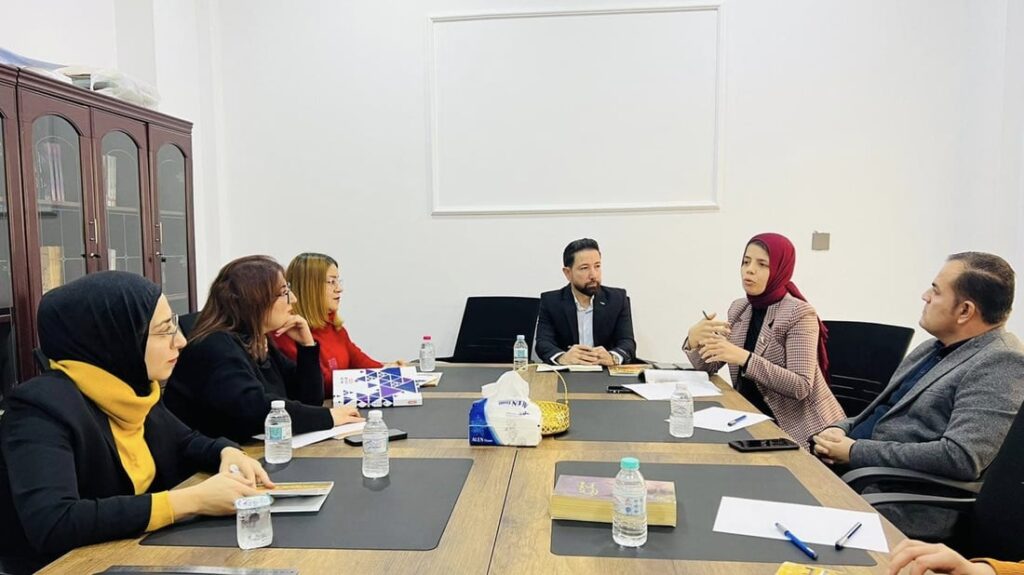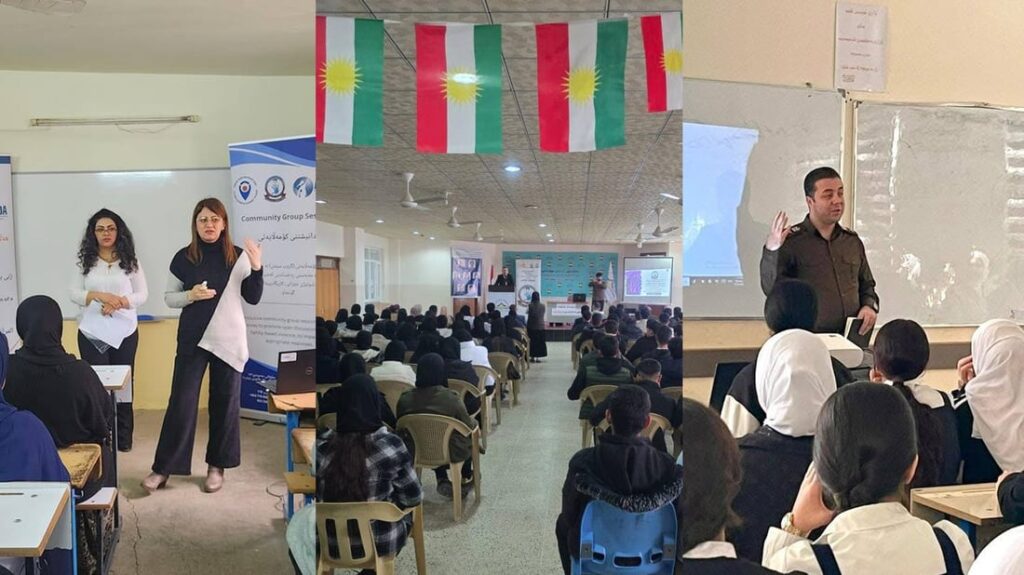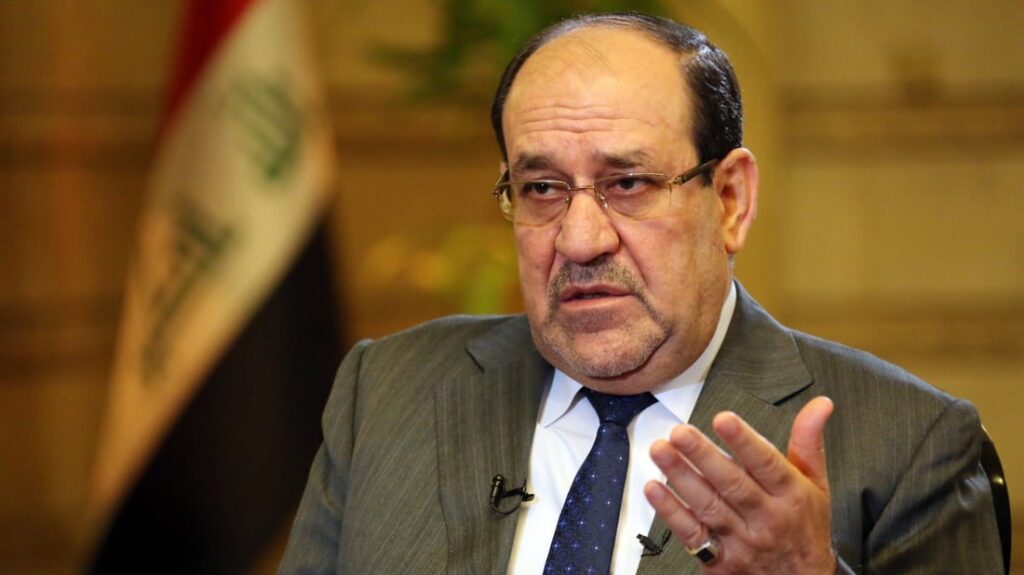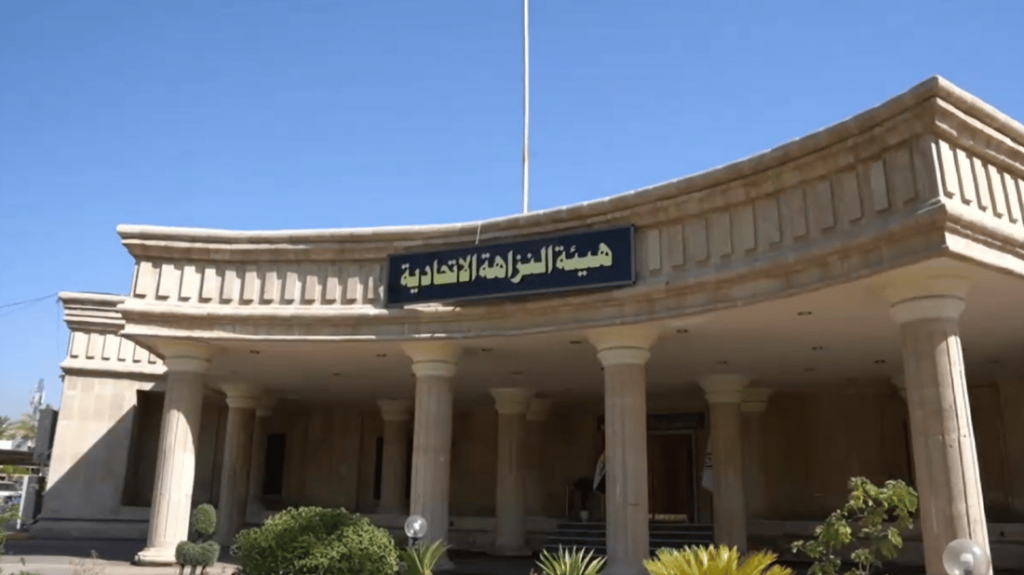World: Special Representative of the Secretary-General on Sexual Violence in Conflict, Ms. Pramila Patten’s Opening Statement at the Event to Commemorate the 10-Year Anniversary of the Mandate on Sexual Violence in Conflict

The Ten-Year Trajectory of the Mandate on Sexual Violence in Conflict: Progress, Challenges & Change
30 October 2019, ECOSOC Chamber, UNHQ
10:10 – 10:20 a.m.
Thank you Pamela for your words of introduction and for moderating today’s event. Excellencies, ladies and gentlemen: Ten years is a short time in the history of warzone rape – a crime as old as war itself. Yet, the past ten years have seen more concerted action to combat this scourge than the rest of human history combined. Indeed, the past decade has ushered in a dramatic shift of paradigm and perspective. It has heralded a new consciousness, and a new consensus, that conflict-related sexual violence is a threat to international peace and security. What had long been dismissed as inevitable is now understood as preventable. What had once been deemed collateral or cultural is today condemned as criminal. The understanding that sexual violence is often commanded, committed or condoned as a means of pursuing the military and ideological aims of armed groups has generated new strategic approaches to fighting back. It has prompted political, as well as humanitarian, solutions. Milestones such as today’s anniversary event provide critical opportunities to step back from our daily work and take stock of progress, challenges and change. Our reflections here today, on the factors that have enabled or constrained progress, will help us to chart ambitious ways forward. I am confident that this gathering will strengthen our strategic partnerships and amplify an array of vital voices on a subject that has been called “history’s greatest silence”. This conspiracy of silence has served to shield the perpetrators and isolate the victims, from support systems, and even from each other.
A critical aspect of my mandate is therefore bridging the perspectives of survivors to policy-making bodies, and providing them with a platform to be heard, including by the donor and diplomatic community. At the heart of today’s event is a Survivors Hearing: a chance to foster solidarity with the survivors and those working to support them on the frontlines. Our greatest models of political courage are often those who have the least access to power and resources, and face the highest risks. I would therefore like to profoundly thank the survivors who have joined us today and acknowledge the courage it takes to revisit moments of pain and trauma, so that the world can learn from their experience, expand their empathy, and heed their calls for change.
These survivors hail from different cultures and continents. They represent diverse profiles in terms of age, gender and ethnicity, reminding us that sexual violence survivors are not a homogenous group. They include male victims who may be overlooked due to stereotypical assumptions about masculine invulnerability; detainees sexually abused during interrogation in order to coerce confessions and destroy morale; rural women; indigenous women; human rights defenders and journalists; children born of wartime rape who are often shunned as “bad blood” or “children of the enemy”, placing them at heightened risk of abandonment, indigence and exploitation; forced wives and captives of terrorist and violent extremist groups, who are often viewed as affiliates rather than victims; refugees; and LGBTI individuals who face the risk of further persecution, and in some cases prosecution, for simply daring to report their case.
A survivor-centered, rights-based response requires tailored, contextual solutions. It means giving voice and choice to survivors, restoring their agency, building their resilience, and enshrining their experience on the historical record.
Solidarity and empathy must lead to action. This is why today’s event will also mark the official launch of the new Global Fund for Survivors. While I have visited many diverse, war-torn corners of the world, the survivors I have met with consistently demand two things above all else: that the perpetrators be brought to justice; and that they be provided with material assistance to rebuild their lives and livelihoods. Reparations are what survivors want most yet receive least. The dawn of a new decade for this mandate is the time to deliver on these demands, and to put survivors first.
The progress we have made to date has been transformative in three key respects: namely, in terms of the normative framework, our institutional capacity, and operational impact. Firstly, in terms of the normative evolution, 2008 saw the issue of sexual violence as a tactic of war elevated onto the agenda of the world’s paramount peace and security body, the United Nations Security Council, through the unanimous adoption of resolution 1820. For the survivors, this signaled that their ordeal would be taken seriously not only as a violation of individual human rights, but also as a threat to collective security, an impediment to peace-building, and a crime of concern to the international community as a whole. This breakthrough policy framework dismantled the classical, gendered divide between “hard security” and so-called “soft issues”, and between political and private matters, by viewing war through the eyes of civilians whose bodies had been part of the battlefield. It served to directly engage peace and security stakeholders, including those responsible for imposing targeted sanctions on perpetrators; framing the mandates of peacekeeping missions; sponsoring peace talks; overseeing the implementation of ceasefire agreements; establishing Commissions of Inquiry and hybrid tribunals; and referring situations to the International Criminal Court. In short, it gave security actors new responsibilities, and gave survivors and their advocates new avenues for accountability and action. This came against a backdrop of sexual violence having been omitted from peace agreements even in conflicts where it was a notorious feature of the fighting, as in Bosnia and Herzegovina, Sierra Leone and Liberia. It was also absent from the mandates of peacekeeping missions in the 1990s, such as UNAMIR in Rwanda, where rape was used as a tool of the genocide, and UNPROFOR in the Balkans, where sexual violence was widespread and systematic. Resolution 1820 made it clear that as a war crime, crime against humanity and constituent act of genocide, sexual violence had to be addressed in transitional justice processes and excluded from the scope of amnesty provisions. The international community had accepted that a ceasefire could not be comprehensive if the gunfire stops, but the patterns of rape persist. Secondly, in terms of institutional arrangements, the adoption of resolution 1888 in 2009 was a landmark development in this agenda, equipping the United Nations with new infrastructure to respond. This included the creation of my mandate, to provide coherent and strategic leadership to global efforts, including as Chair of the interagency coordination network, UN Action Against Sexual Violence in Conflict. I would like to pay tribute to the work of my predecessors in this role, Margot Wallström and Zainab Hawa Bangura, who I am delighted to have with us today. Their efforts were instrumental in laying the groundwork for translating resolutions into solutions. Security Council resolution 1888 also established a Team of Experts on the Rule of Law and Sexual Violence in Conflict, to strengthen institutional safeguards against impunity at the national-level, and called for Women Protection Advisers to be deployed to the field to enhance our monitoring, reporting and response. Subsequent resolutions have authorized specific monitoring, analysis and reporting arrangements at country-level, as part of a system to deepen the evidence-base for action, and to increase the pressure on parties to comply with international norms by listing, or “naming and shaming”, those credibly suspected of abuse. They have emphasized the need for early warning and prevention, and to combat sexual violence employed as a tactic of terrorism, including in the context of human trafficking. Most recently, resolution 2467, adopted in April of this year calls for a holistic, survivor-centered approach to inform all prevention and response measures. Turning to the question of operational impact: the United Nations system is today reaching and supporting thousands of survivors who had once been invisible and inaccessible. Peacekeepers are now systematically trained to detect, deter and respond to sexual violence as part of their operational readiness standards. Sexual violence offences have become an integral part of international criminal investigations, thanks to a growing cadre of legal specialists in this field. A dedicated court on sexual and gender-based violence was established in Liberia, and a similar court is due to be launched in South Sudan. Mobile courts and military tribunals have convicted senior officials of sexual violence in the DRC. Specific designation criteria on sexual violence have been included in the sanctions regimes for the Central African Republic, the DRC, Libya, Somalia and South Sudan. In several affected settings, the operational arms of my mandate, the Team of Experts on the Rule of Law and the UN Action network, are delivering concrete projects to support survivors. As part of our operational methodology, which focuses on anchoring commitments at the national-level, my Office has signed Joint Communiqués to prevent and address conflict-related sexual violence with almost all of the countries that fall within my remit. At the same time, we have begun to engage with non-State armed groups implicated in patterns of sexual violence, in contexts such as the Central African Republic, Mali and South Sudan. Enhanced scrutiny and pressure is needed to ensure that all parties cease these violations and prevent their recurrence. Despite this momentous progress, my field missions over the past two years have revealed persistent gaps in services and resources, which make it virtually impossible for victims to move forward as survivors.
In Iraq, I met Yezidi women and girls who had received neither medical nor psychosocial support several months after their release from ISIL captivity and sexual enslavement. In the DRC, I met women and girls afflicted by the double tragedy of rape and rejection, with no access to credit or economic opportunity, after being abandoned by their husbands and cast out of their homes. In the Central African Republic, survivors from remote villages described being forced to walk for several days to reach basic healthcare facilities in the aftermath of sexual assault. I also vividly recall the words of a young Nigerian girl I met in Maiduguri who had been raped by a militant while collecting firewood outside of her camp. She expressed deep shame and frustration at being repeatedly questioned by a doctor before receiving treatment. “Why did you leave the camp to collect firewood?” he asked her. “Why did you go out alone?” “Why did you not fight back harder and scream louder?” In the camps I visited in Cox’s Bazaar, Bangladesh, Rohingya women and girls recounted how they had been repeatedly questioned and pressured to share their stories of rape in graphic detail. Some had been interviewed so frequently they could no longer distinguish between humanitarian service-providers, journalists, NGO workers and academic researchers – and despite all these interviews, justice and redress remain elusive.
Ladies and Gentlemen: Beyond the walls of our conference rooms, in towns and villages where war has broken out and law has broken down, sexual violence remains a cruel tactic of torture, terror and political repression used to signal that nothing is sacred and no one is safe. The response continues to be painfully slow. Impunity remains the rule and justice the rare exception. Services are scarce. And stigma is so intense that some survivors choose to remain with their captors and abusers, rather than having to return to their loved ones, look them in the eye, and feel the shame of their reproach. Security policy is still a male-dominated domain, despite clear and compelling evidence linking gender equality with peace. The international community has not yet adequately invested in tackling the structural root causes that perpetuate this violence, including militarization, arms proliferation, inequality, forced displacement, and expanding cycles of violence and revenge. Social cohesion, recovery and development depend on survivors being able to reintegrate into the rhythms of daily life in the context of their community. It means being able to resume the quiet miracle of a normal life, which so many of us take for granted. So let us seize this moment to set the stage for a new decade of decisive action to remove sexual violence from our daily headlines and relegate it – once and for all – to the annals of history. Let us live up to the founding promise of the UN Charter to “save succeeding generations from the scourge of war”, including from its most intimate, ancient and enduring atrocity, the scourge of wartime rape. Thank you. Wednesday, 30 October 2019




